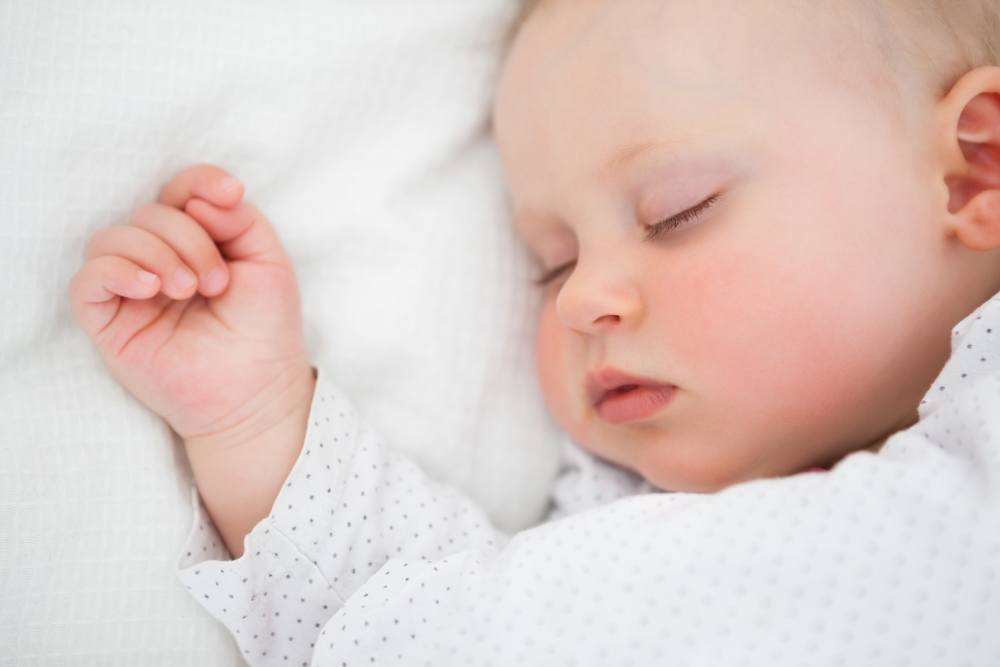British MPs have made a historic move and approved what the media are calling ‘3 parent babies’ in a free vote of 382 in favour versus 128 against.
The technique does not blend equal amounts of DNA from 3 parents, but uses DNA from 2 women rather than 1 to prevent mitochondrial diseases from being passed on to children – only 0.1% of the child’s DNA will come from the second woman. The new vote means that this procedures isn’t banned under the legislation that prevents genetically altered embryos from being implanted into women.
Who Does This Help?
It’s important to remember that techniques need to be widely tested and assessed before being open to a wider market. That said, estimates suggest that 150 healthy children could be born every year thanks to this new procedure.
Without this development, women with mitochondrial conditions suffer numerous miscarriages or the child dies after birth after suffering brain damage, muscle wastage, heart failure, and blindness. The technique is only applied to the egg rather than sperm because mitochondrial defects are only passed down from the mother.
World Leading Fertility Technology
While there was strong debate from both sides, the approval of this technique means that Britain retains its reputation and standing as a world leader in pioneering new fertility techniques. Professor Doug Turnbull, who led the team that created the technique at Newcastle University, said, “I think the quality of the debate shows what a robust scientific, ethical, and legislative procedure we have in the UK for IVF treatments. This is important and something the UK should rightly be proud of.”
The UK is the first country in the world to create legislation that allows this technique.

